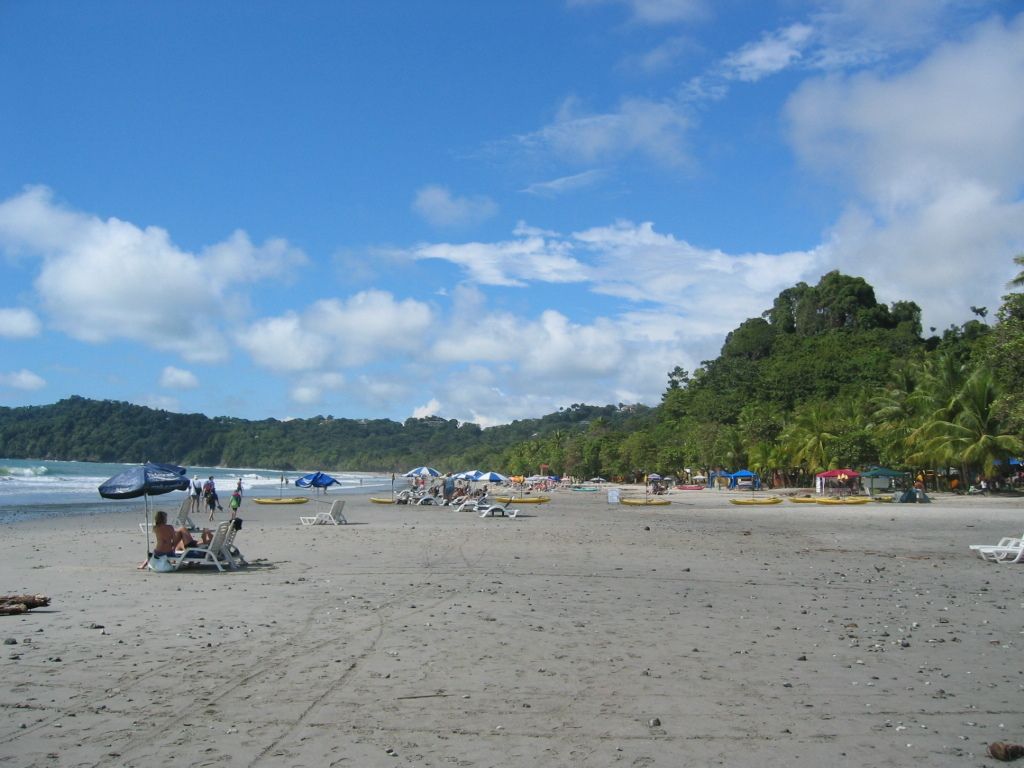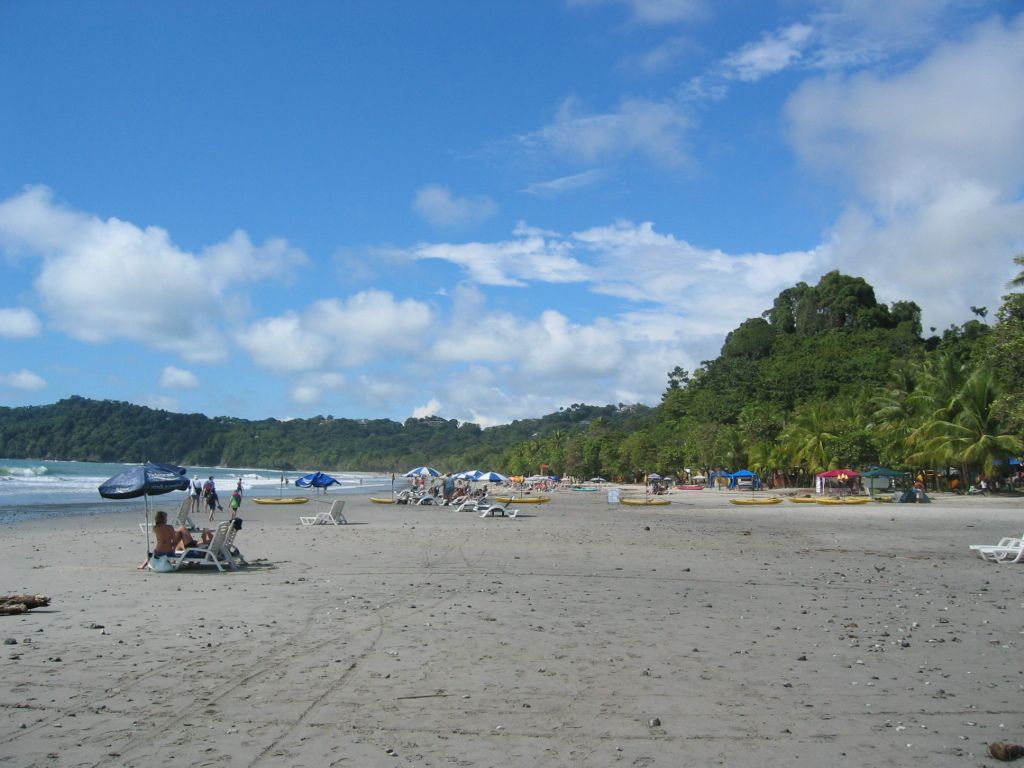Government Departments Join Forces to Combat Foreign Ownership of Land Through Proxies
Thailand's Commerce and Interior Ministries Collaborate to Prevent Illicit Land Ownership
In an effort to prevent foreigners from exploiting legal loopholes and engaging in prohibited businesses through nominee companies, the Department of Business Development (DBD) and the Department of Lands (DOL) have signed a memorandum of understanding (MoU).
On Thursday, Napintorn Srisunpang, Deputy Minister of Commerce, highlighted that foreigners acquire land in Thailand via Thai nationals as nominees, bypassing legal restrictions. Some of this land is used for businesses that are forbidden to foreigners or in which Thai entrepreneurs are not yet prepared to compete. This distortion of market mechanisms negatively impacts the country's economic and social security.
Songkak Thongsri, Deputy Minister of Interior, stressed that the DOL prioritizes ensuring fair land ownership. The collaboration will provide the DOL with access to information on potentially nominee companies, making it easier to prevent foreigners from manipulating the system dishonestly.
Under this cooperation, the DBD will supply the DOL with lists of high-risk legal entities, assisting in land ownership approval and preventing further land acquisition by foreigners through nominees.
To date, an ongoing investigation has identified 46,918 high-risk legal entities with foreign shareholders holding between 0.001% and 49.99% in vulnerable sectors, with over half (55.49%) involved in land trading and real estate.
Pornpoth Penpas, director-general of the DOL, stated that previous problems arose from legal entities changing shareholders, allowing foreigners to circumvent nominee regulations. The collaboration with the DBD will provide real-time data on whether companies purchasing and holding land are truly Thai-owned or effectively foreign-owned through nominees.
The DOL is considering increasing penalties for illegal foreign land ownership, with current penalties including a two-year prison sentence and a 20,000 baht fine. The penalties will be modernized to better discourage such activities. Furthermore, the DOL is working with the Anti-Money Laundering Office (AMLO) to classify nominee offences as predicate crimes, enabling asset forfeiture.
Thailand's Land Code restricts foreign land ownership, but some foreigners have attempted to bypass these restrictions by using Thai nominee companies. The government is addressing this issue by tightening regulations and offering alternatives, such as allowing foreigners to lease land for up to 99 years.
- TAGS
- Nominees
- Interior Ministry
- Commerce Ministry
- business
- foreign
- land ownership
- crimes
- The collaboration between the Commerce and Interior Ministries aims to curb foreigners from evading land ownership restrictions in Thailand through nominee companies, which are commonly used for businesses off-limits to foreigners.
- The Department of Business Development (DBD) will provide the Department of Lands (DOL) with lists of high-risk legal entities that may engage in illicit land ownership practices, thus strengthening the DOL's ability to prevent foreign manipulation of the system.
- The DOL is considering toughening penalties for illegal foreign land ownership to better discourage such activities, as it poses potential risks to the country's economic and social security.
- In addition to enhancing penalties, the DOL is working with the Anti-Money Laundering Office (AMLO) to classify nominee offences as predicate crimes, equipping the authorities with powers to seize assets associated with such activities.








